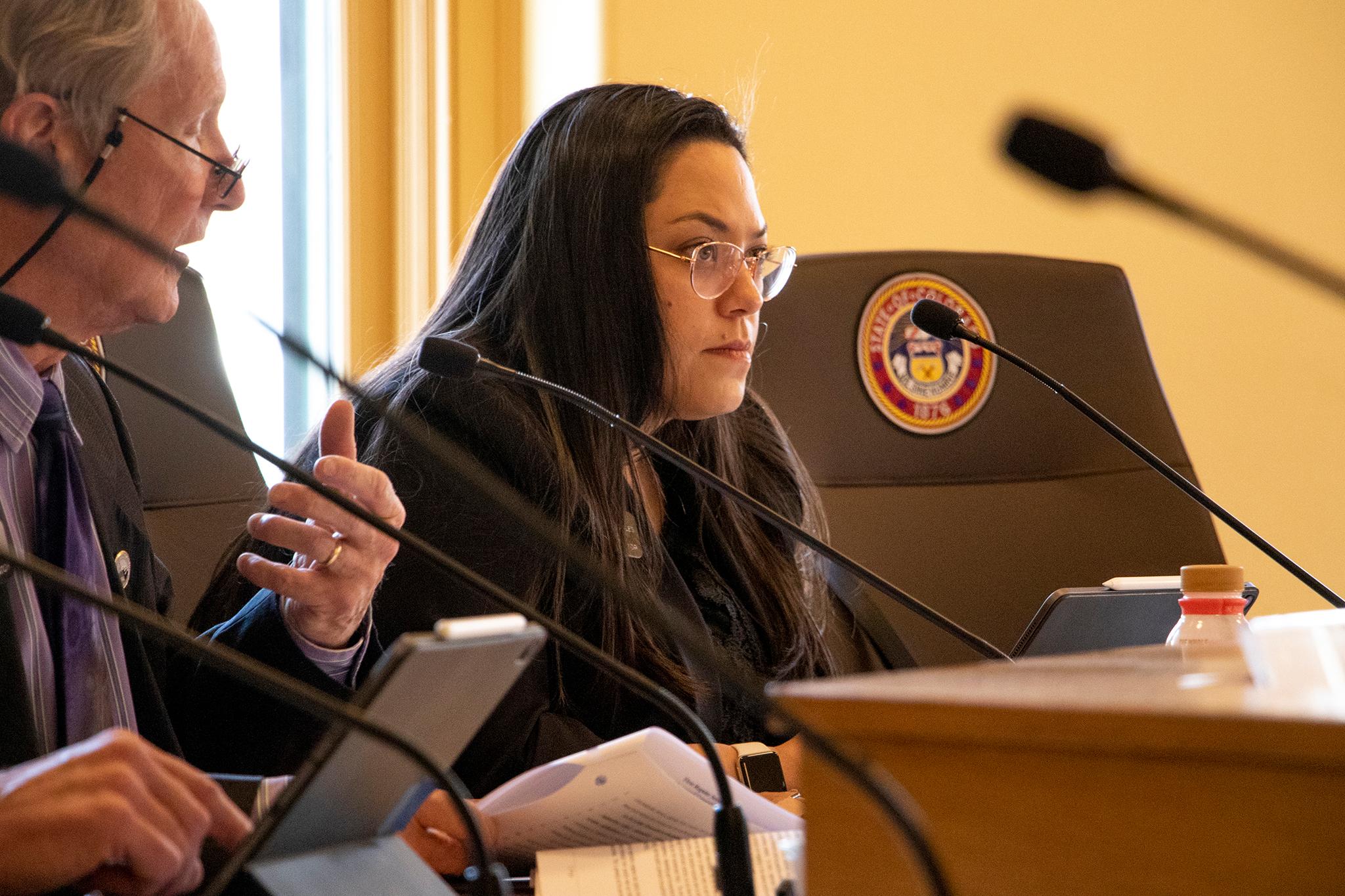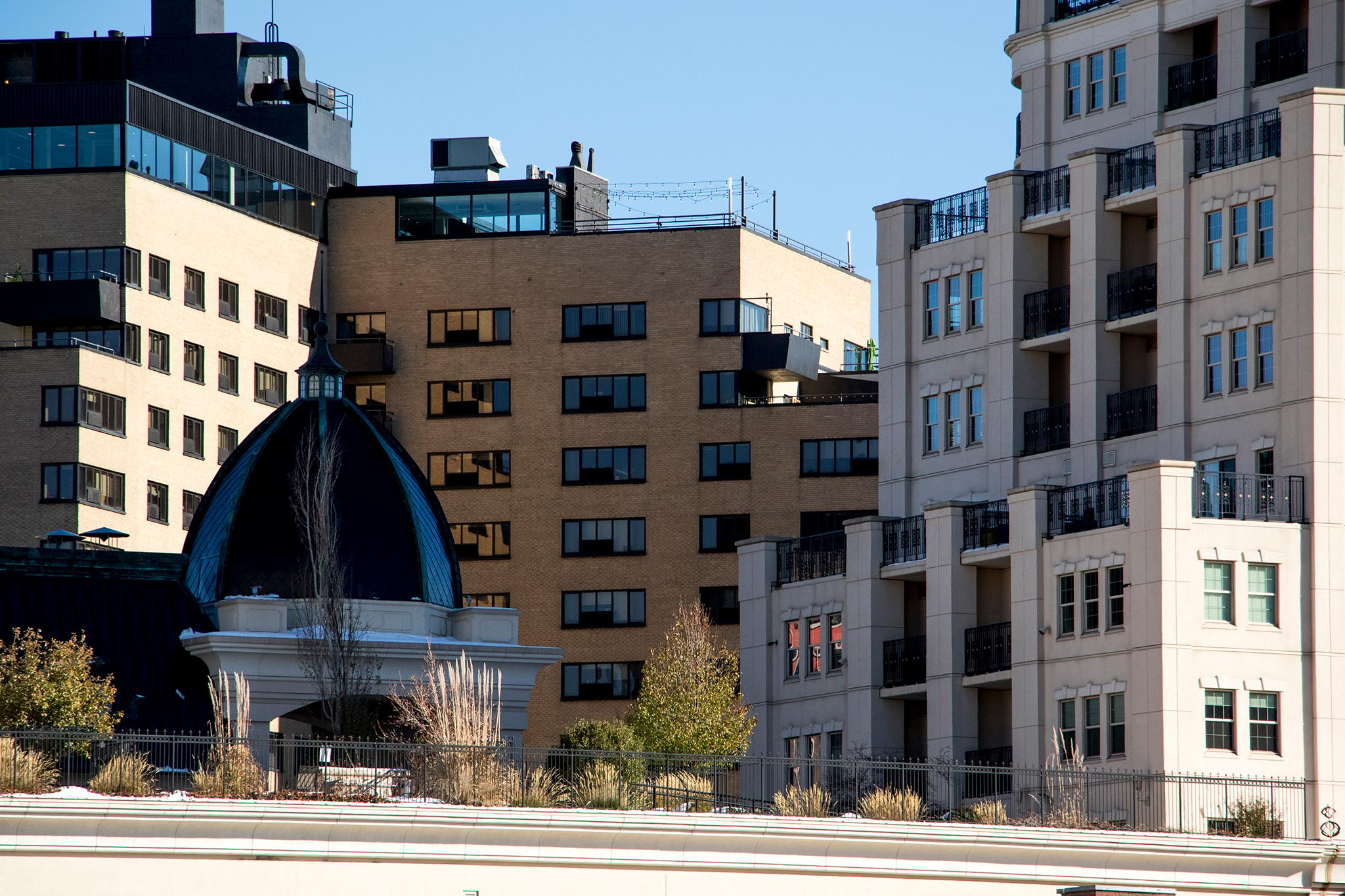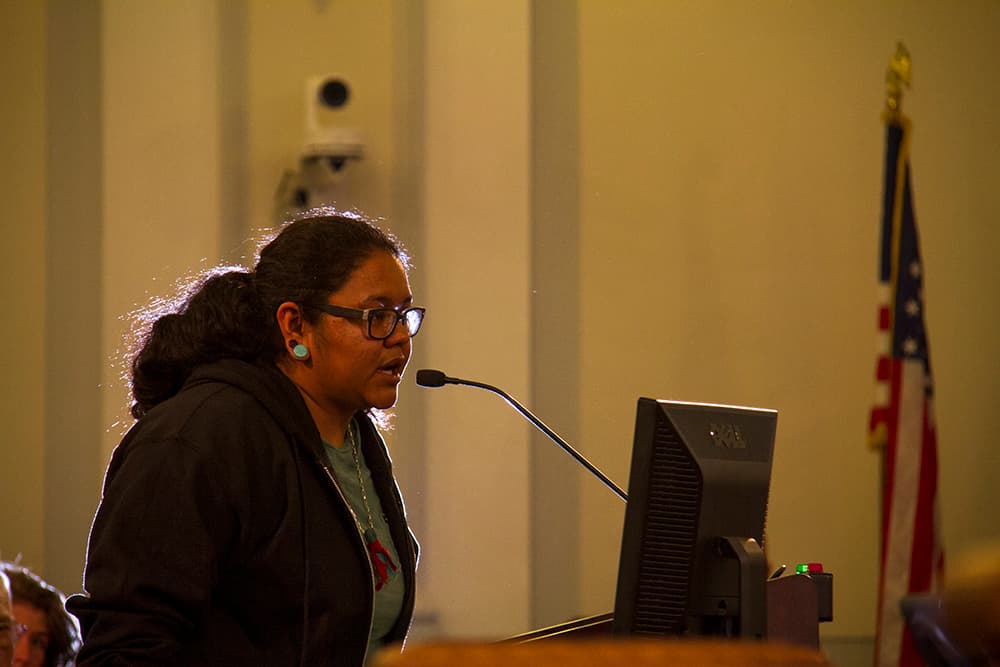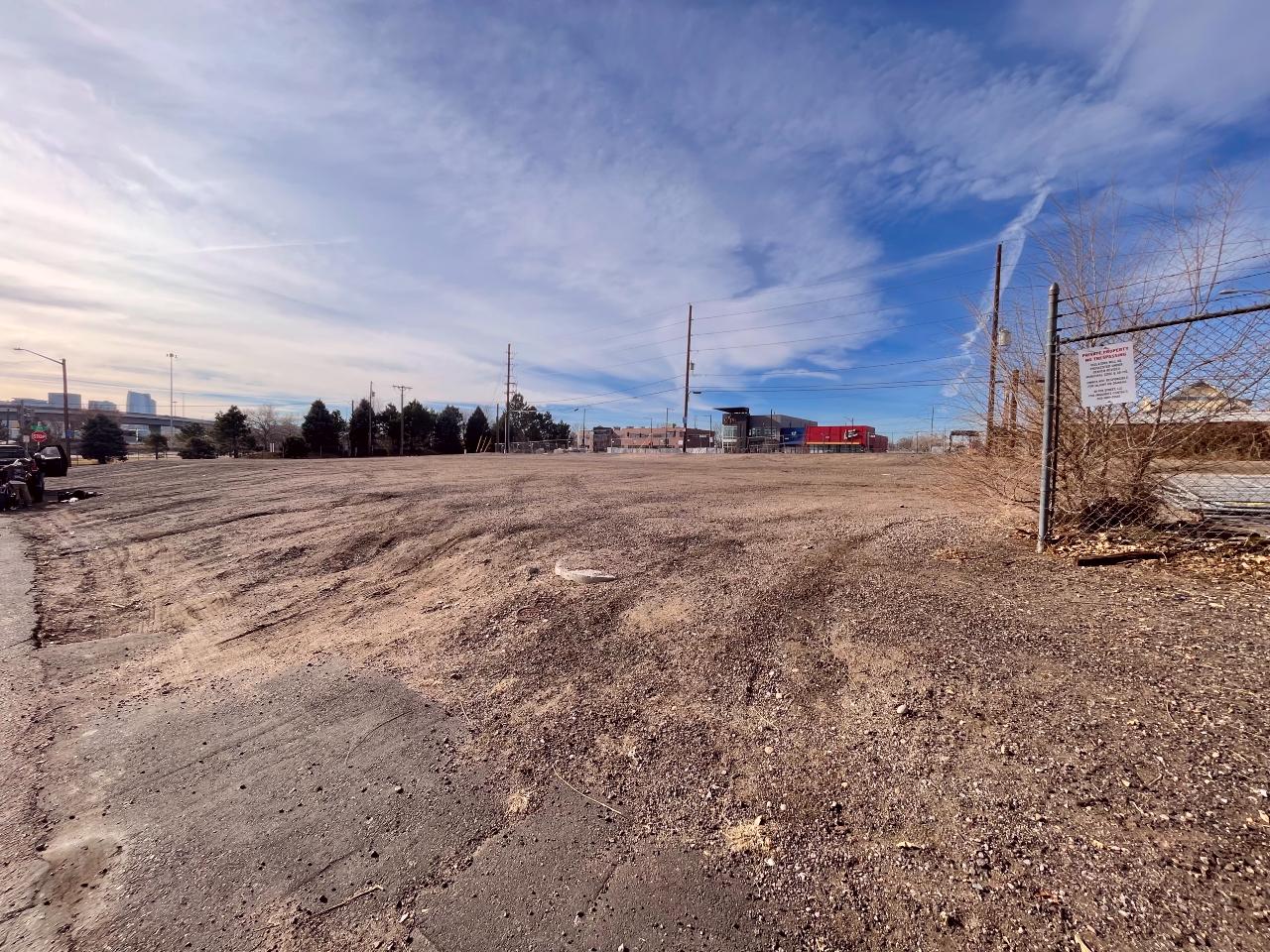Scores of people wanted to have their say as a legislative committee considered a proposal to give Colorado tenants more than three days to stave off evictions proceedings by resolving a problem such as being behind on the rent.
HB19-1118 (we'll be using the official names in order to keep them all straight) turned out to be "incredibly controversial. Even more than I was expecting," Jack Regenbogen, an attorney with the Colorado Center on Law and Policy, said after watching the committee meeting drag on for more than four hours last week.
Just wait until the rent control proposal hits the dome.
It's the session for landlord-tenant issues. In addition to HB19-1118, which has made it through committee and is awaiting a House vote, other proposals so far introduced include HB19-1170, which would make it easier for tenants to pressure landlords they accuse of failing to maintain habitable housing. And HB19-1106 requires landlords to itemize how they will use application fees and make an effort to refund any portion of the fees they don't use within 20 days. A Senate proposal, SB180, would establish a legal defense fund for tenants facing eviction.
Celesté Martinez, organizing director of United for a New Economy Colorado, part of a national network of grassroots organizations focused on issues like affordable housing and racial and economic inequities, said she expected the rent control proposal to be introduced this week. Its backers include state Sen. Julie Gonzales, a Denver Democrat.

Martinez said the proposal would not impose rent control by legislature as Oregon recently did, but instead allow local governments to move in that direction if they choose.
"What we're learning as a state is that our local communities do have different solutions," she said. "The role of our state legislature this year is to offer more solutions to our local governments."
"This is not requiring that any city or county implement these solutions," Martinez said.
The bill would overturn a 1981 state law banning rent control that followed an attempt by Boulder to try to impose rent control. A Colorado Supreme Court ruling in 2000 in a case involving Telluride interpreted the 1981 law as prohibiting rent control not just for existing units, but for new construction as well. Rent control had seemed impossible. The fact that it is being considered this session may have much to do with Democratic control of all three branches of Colorado government. But Martinez said she believes the real difference is a realization among groups like hers that the state legislature is the place to seek solutions to a housing crisis that, while statewide, is experienced differently by different regions.
"It's a new environment down at the Capitol," said Nancy Burke, vice president of government and community affairs for the Colorado Apartment Association. "It's important not to push things too fast, too far."
Burke argued that rents were stabilizing, though she acknowledged it's not happening as fast as some would like. She also expressed concern that her group had not been consulted in developing the rent control bill. Martinez said that she had come away from discussions with the landlords' group on other issues with the sense they were strongly opposed to the rent control proposal.
"When it comes to this policy there doesn't seem to be as much of an openness to have a comprehensive discussion," Martinez said.
Dre Chiriboga-Flor, senior housing organizer for the advocacy group 9to5, said landlords have "had the upper hand for a long time. They're not used to being challenged."
Landlords and tenants' rights groups have found points of agreement. The apartment association's Burke said, for example, that she welcomed a provision in the bill on application fees that would ban landlords from considering old eviction notices on the records of potential tenants, particularly notices that did not result in evictions.
"I'm excited because it's going to help the tenants and it's the right thing to do," Burke said.
That bill also requires landlords to itemize how they will use application fees and make an effort to refund any portion of the fees they don't use within 20 days, which Burke fears could be onerous. The bill has passed in the House and now awaits Senate consideration.
The initial proposal on "time to cure" -- the period tenants have to make an issue right before a landlord can start eviction proceedings -- had called for an increase of three to 14 days. That was cut to 10 days after last week's hearing.
"It's a step. But it's not far enough," said Burke, adding her group would accept seven days.
Regenbogen, whose organization is providing legal advice on bills and helping lead support for some, said he thought the "time to cure" sponsors "were trying in good faith to find a middle ground.
"That's part of good legislation-making, is to hear some concerns and make some concessions," he said. "If we can get 10 days passed I would be extraordinarily happy."
Supporters of the bill argue that giving tenants just three days almost ensures evictions and that that can lead to homelessness amid an affordable housing crisis. Emergency rental assistance programs, for example, can take more than three days to provide help.
The bill's supporters also point out that homeowners can usually count on a 15-day grace period before a late fee is assessed on an overdue mortgage payment and lenders generally don't begin the foreclosure process until 120 days have gone by without a payment.
HB19-1118 does not change the three-day notice process for a tenant who is endangering the safety or property of other tenants or the landlord, or who is committing a public nuisance crime. And once the eviction is started, nothing would change under the bill -- courts would still issue summonses requiring the tenant to respond in between one and two weeks.
HB19-1170, which would make it easier for tenants to pressure landlords they accuse of failing to maintain habitable housing, passed the House and now is being considered by the Senate. It would, for example, allow tenants under certain circumstances to deduct the cost of repairs from the rent and to inform landlords of problems via email instead of only by snail mail. It also would add the presence of mold to conditions such as broken windows or noncompliance with health and building codes that would warrant a finding that an apartment was uninhabitable.
Members of Chiriboga-Flor's 9to5 brought members to the Capitol to testify about insect infestations, lack of heat, faulty locks and other problems they had encountered in rental homes.
Terry Lowe has a property manager but worries she could have trouble meeting deadlines envisioned in the habitability bill for landlords to respond to maintenance complaints. Lowe calls herself a "mom-and-pop landlord." She has 10 units spread across Golden, Lakewood, Wheat Ridge and Denver.
Lowe also worries that rent control could leave landlords with too little money to maintain their property.
Lowe said there was a time when some landlords did not keep up with maintenance. But she said that has changed and a balance between the rights and responsibilities of landlords and tenants has been found.
"Some landlords are just great and some are terrible. Some tenants are great and some are terrible," she said. "I don't know how the legislature can sort this out and make something that equitable for everyone."












